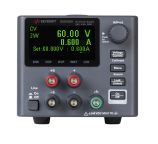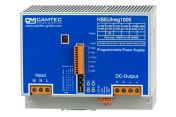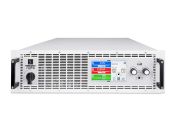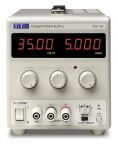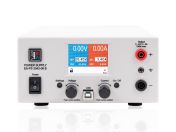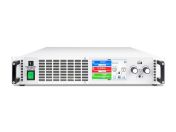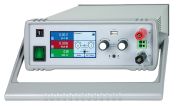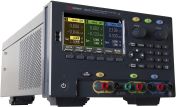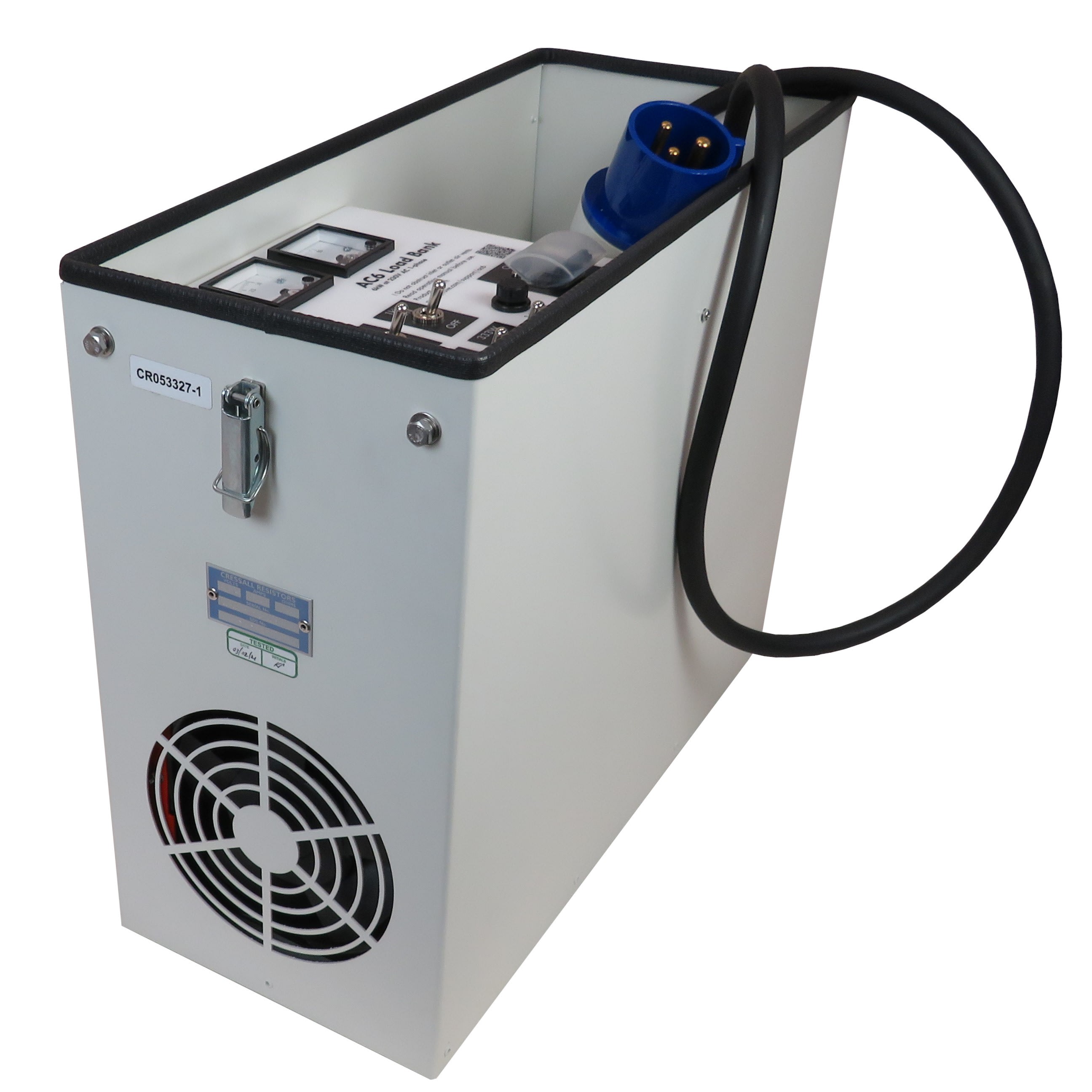This handy piece of equipment is used when a power source is required that can be set up on the workbench, with its own power cord and method of output connection. They're useful in electronics for applications such as testing circuits that need a power source at different voltages.
Variable power supplies
Bench power supplies are available in variable or fixed voltage. A variable power supply will offer the ability to adjust the output, be that voltage, resistance, current or power and is ideal where versatility is required in an application, such as circuit testing. Variable power supplies have a feature called Current Limiting so it will shut down or limit current to the maximum rating. They normally have controls to allow the change of current from zero to the specified maximum current which helps to protect components.
Linear and switching power supplies
Bench power supplies are available in two different designs:
- Linear Power Supplies – electrical or ripple noise is lower and easier to contain. Linear power supplies are more suitable for powering sensitive circuitry and generate more heat, resulting in lower energy efficiency. Linear supplies are heavier because the 50 Hz or 60 Hz transformer and associated filters are physically larger.
- Switching Power Supplies – normally a better option for portable applications and they are lighter and more compact units. Switch-mode power supplies start out the same way as Linear, rectifying and filtering AC line input voltage, however they "switch" the DC into high-frequency AC. Switching power supplies can also tolerate small losses of power without affecting output, unlike Linear power supplies and be more energy efficient.
Choosing a Bench Power Supply
Wondering how many channels you need? Will depend on how many supplies you want to use simultaneously, but at least two channels are normal practise for a bench power supply.
- Energy efficiency – normally detailed in the specifications or supplier's datasheet.
- Line Regulation – Expressed as a percentage, this shows change in the output voltage relative to changes in the input line voltage.
- Load Regulation – is the measure to ensure that the output voltage is constant despite load variations. A good load regulation ensures that output voltage doesn't fluctuate when loads increase or are removed. This is important where test results cannot be repeated.







